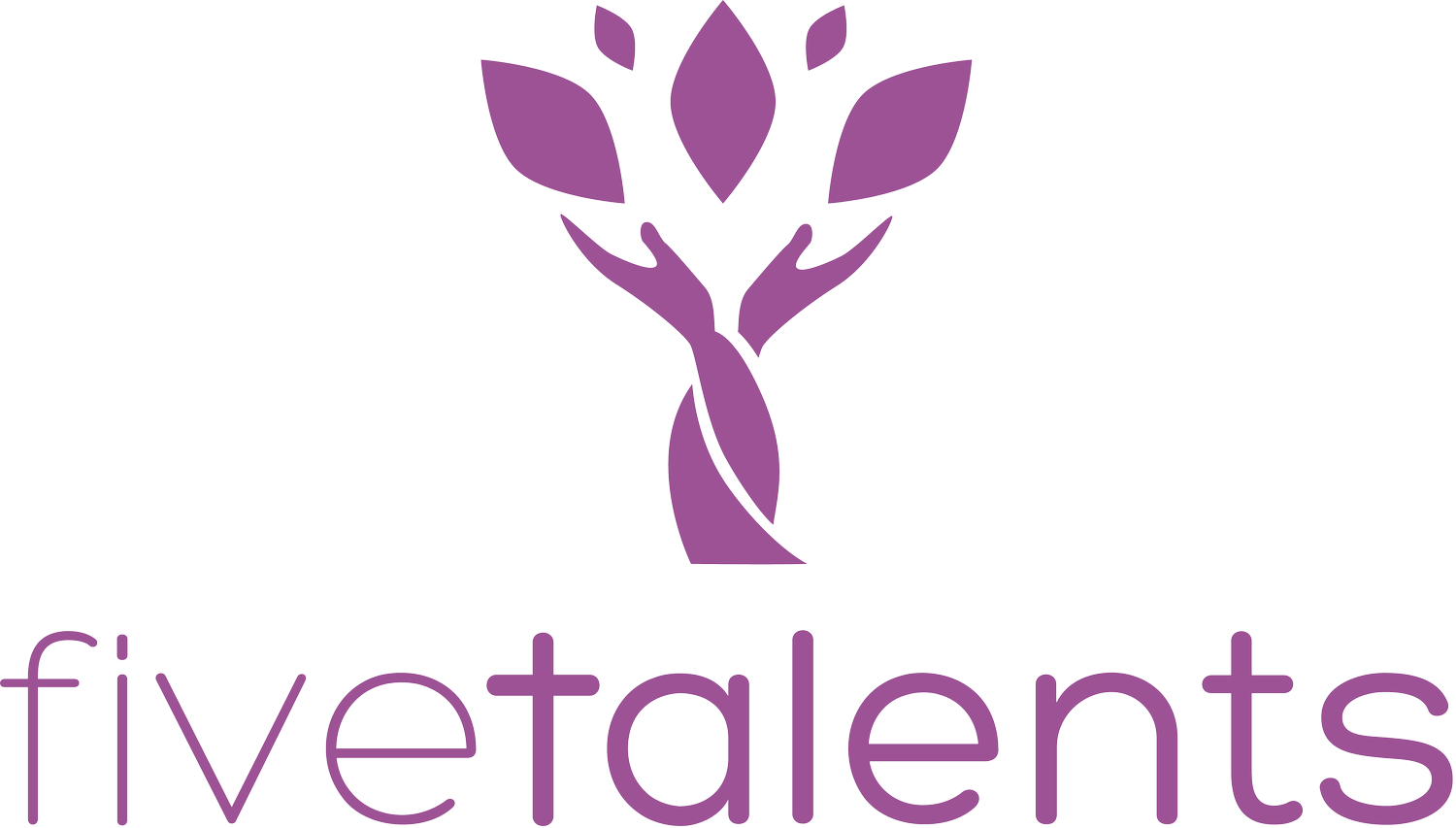Each of Five Talents' microfinance programs are tailored to meet the needs of the communities they serve. Here, Five Talents Program Director Suzanne Middleton explains how micro-lending, training and mentoring are transforming lives in Indonesia, where Five Talents partners with The GERHATI Foundation.
What makes the Indonesia program unique among our other programs in Asia, Africa and Latin America?
The Indonesia program is different to other Five Talents programs in two main ways. One, Five Talents was responsible for the development of this program from the very beginning, when the first request came from the Indonesian Anglican church for a micro-enterprise development program among the communities they serve. From board development and training to management and staff hiring and training, Five Talents has been the key partner from the start. Two, GERHATI's outreach is to predominantly Muslim communities. In fact, over 95 percent of the program recipients are Muslim.
If we were to take a walk through one of the communities served by Five Talents in Indonesia, what might we see, in terms of living conditions? What does the family unit look like in such communities?
Many of the communities suffer from poor or non-existent sanitation services, such as sewers or storm water drains. Access to clean water is often difficult and expensive. Many families – which, on average, consist of three to four children – make do with water from polluted water ways, and many suffer sicknesses as a result. Communities are often marked by uncollected rubbish, which pollutes the water ways and areas surrounding houses, attracting rats and other health hazards. Poorer communities are usually in areas prone to flooding, which occurs sometimes multiple times each year.
We talk a lot about the importance of Five Talents' local partnerships with indigenous organizations. Can you explain why such partners are critical to the success of the programs?
Helping indigenous communities and churches to help themselves and achieve meaningful empowerment and self-determination is at the core of the Five Talents mission. Assessing what key indigenous people want to achieve for their communities and country is crucial to working out the best methods of helping them achieve this. Partnering with a local organization enables Five Talents to align values and objectives to a well-governed and well-managed program that knows precisely what it wants to achieve and who to target. A strong local organization is well-grounded in its own environment and is there to stay.
Our partners are always striving to meet the needs of the women and men in the program. What are some of the ways that the Indonesia program has been evolving to meet members' needs?
GERHATI strives to "unlock" the natural gifts and strengths that people have through skills training and provision of a forum that enables them to discover, with each other in groups, the many different ways, individually and corporately, that will enhance their income, knowledge and general quality of life. Basic skills, such as numeracy, literacy, hygiene, book keeping, etc., can be taught by trainers who also encourage dialogue and discussions that help the group learn to work together.
In your mind, what's the measure of success for a program like this? What do you look for when evaluating the program's positive impact on individual group members and on the community at large?
One of the biggest indicators of success is the expression of hope for the future by the individuals and groups that our partner GERHATI works with. When people, after participating in the program for only a few months, begin to see new opportunities and possibilities for their families in terms of education, new business ventures and income opportunities and healthier living, then we can feel assured that the program is on the right track and its mission and vision is being achieved.

